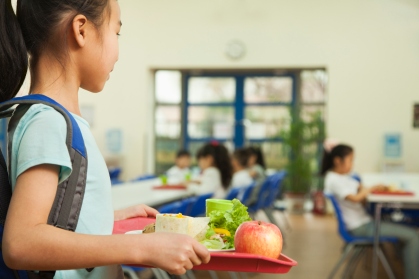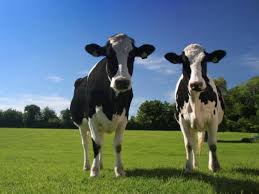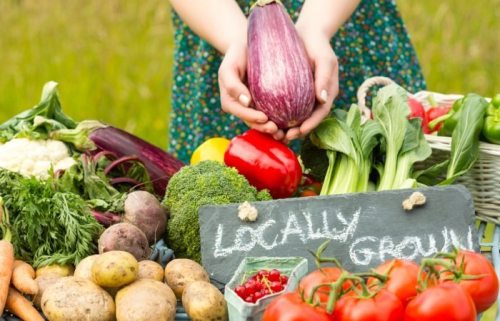
The PEI Government is in the process of developing a Local Food Awareness Act, and they are asking for input. Here’s what the Food Security Network said: PEIFSN_Food_Awareness_Submission
And read the submission by the PEI Advisory Council on the Status of Women (a member of the PEIFSN) here: final-peiacsw-food-awareness-act-nov-2018
Food awareness should encompass the whole system, from the ways in which food is produced or harvested, and its effects on the land, water, wildlife and soils, through its processing, distribution and consumption. The whole food system, including waste and disposal. Also included, all of the people who provide the labour and the conditions under which they work.
Food awareness should include awareness of the contribution that the food system makes to GHG emissions worldwide and therefore climate change. Especially the significant impact of industrial agriculture, and a system that is so focused on producing food for export to countries around the world.
Food awareness should take into account all of the traditions of all of the people living in PEI and recognize that food has spiritual and cultural meaning in all of our communities. Our vision for food awareness would respect the traditional territory of the Mi’kmaw people, the ways in which this land has been used to gather, cultivate and hunt for food.
Food awareness is about recognizing and striving to understand the root causes of food insecurity. It is also about developing strategies to reduce food insecurity, based on social justice, not charity.
Prince Edward Island undoubtedly produces very high quality, healthy food. And celebrating that fact is a great idea. Also celebrating workers, and the producers who are making substantial efforts to preserve soil, water, forests – the ecosystem in general, would be a great idea. The vision should include celebrating the small farmers who make healthy, often sustainably produced food available in farmers’ markets and through community-supported agriculture. As well as the people in our communities who, often as volunteers, support farmers’ markets in so many Island communities. And those small general stores in rural communities that provide an essential service.
BUT maybe we could shift the discussion, to a Local Food Act, the vision of which would be a more sustainable, locally based food system. In which every person regardless of where they live, has access to healthy, food, provided by local producers who themselves have a livable income. A vision which accepts that food is sacred, is at the centre of many of our cultural traditions and in many ways at the centre of our communities.

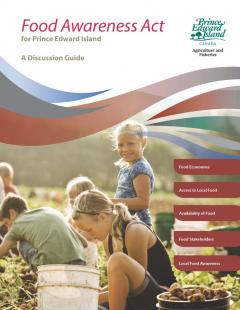 The PEI Department of Agriculture and Fisheries is developing a “Food Awareness Act”. While the focus seems to be on establishing a Food Awareness Day and a Food Awareness Week, the legislation will also include the option for the Minister of Agriculture and Fisheries to set annual local food goals or objectives for organizations in PEI.
The PEI Department of Agriculture and Fisheries is developing a “Food Awareness Act”. While the focus seems to be on establishing a Food Awareness Day and a Food Awareness Week, the legislation will also include the option for the Minister of Agriculture and Fisheries to set annual local food goals or objectives for organizations in PEI.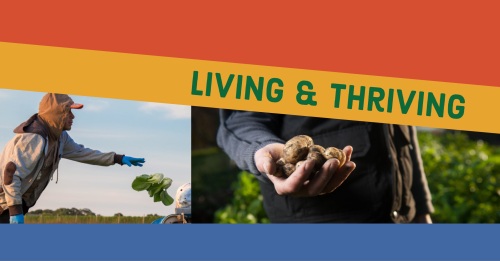
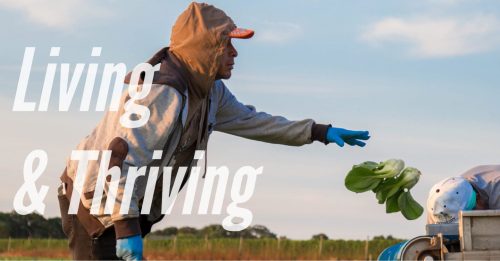

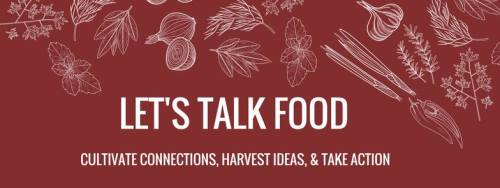 You’re Invited!
You’re Invited!
